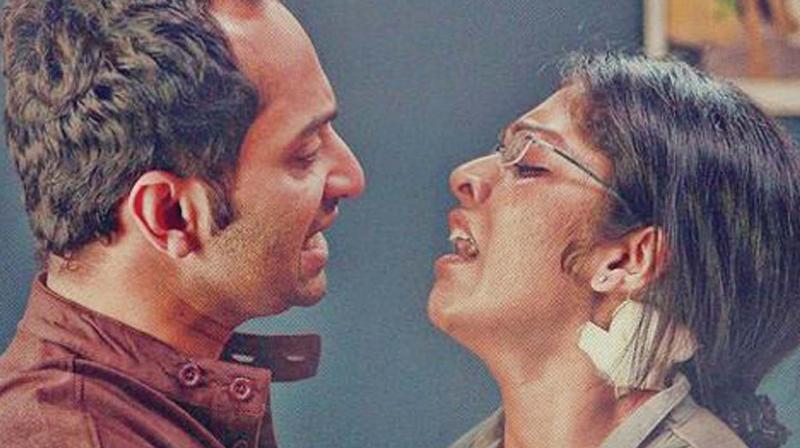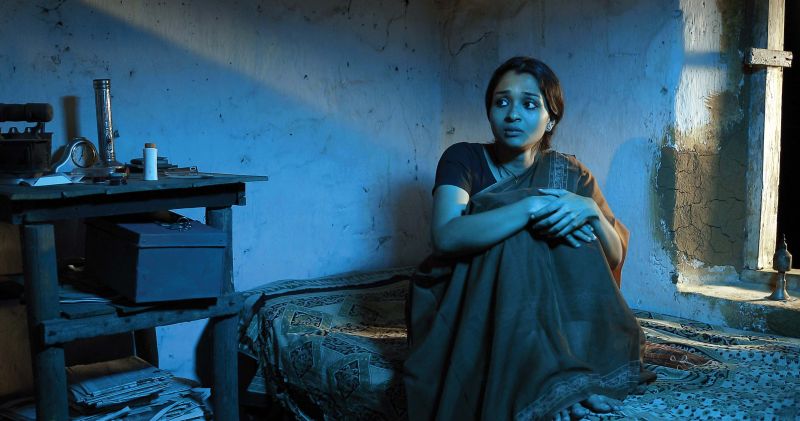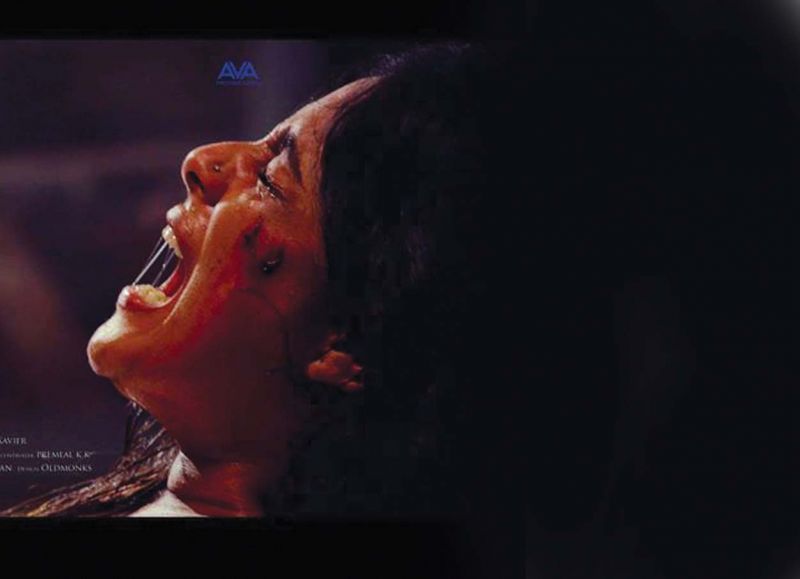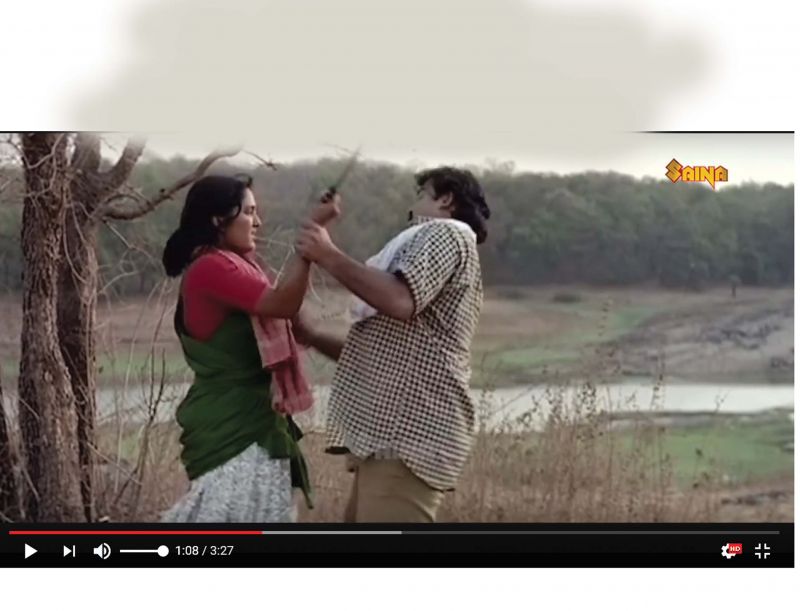You have been warned!
The directive to include a statutory warning in Malayalam films when showing violence against women invites criticism.

Quite a lot of Malayalam film lovers have grown up watching their hero slapping the heroine to ‘show her the place’ and ‘correct’ her. This would often be followed by applause and encouraging roars in cinemas. In several movies, the hero would force himself on the girl or kiss her against her will, to ‘make her fall in love’ with him. Then there were heroes who raped the heroine and married her in penance. Between the years, the narration, treatment, themes and approach towards the art changed, some of them for good. The slap, rape, stalking scenes had seemed to be normal, until a few disapproving voices rose.
Recently, the Kerala State Human Rights Commission issued a directive to the regional office of the Central Board of Film Certification (CBFC), seeking to include the statutory warning ‘Violence against women is punishable under the law’ while showing scenes of violence against women. The Commission’s move, intended to create awareness among youngsters who are generally influenced by films, faced criticism from various quarters.
 A still from Ottamurivelicham
A still from Ottamurivelicham
“It’s an absurd move,” comments noted film critic Vijayakrishnan, who is a CBFC member. “Not just this, I am always against any statutory warning displayed while the film is in progress. What we watch on screen are stories and violence is part of a story.”
 Still from Lilly
Still from Lilly
“People are aware of it; a disclaimer is an insult to both the movie and the audience’s logic. If warnings need to be issued, why is it limited to films alone? I don’t find any warning scribbled under a painting or poem that depicts an act of violence. If something needs to be shown in writing, let them do it either before or after the movie. Films are about visuals, not notes,” he adds.
 Still from Kanmadam
Still from Kanmadam
Agreeing with him, film reviewer and critic Maneesh Narayanan opines, “Any statutory warning that conquers the creative space disturbs the film watching experience. It serves no other purpose than distraction. A drunkard is the representation of society. Showing disclaimers every time he appears on screen affects the film’s beauty.”
However, screenwriter Deedi Damodaran, who is a member of the Women in Cinema Collective, is glad about the latest turn of events. “This demand to introduce a statutory warning has been there for some time and I welcome this move. Films carry a warning even during a scene that shows an animal, but never one when a person is slapped, insulted or taunted for dowry. A warning when illegal things happen on screen is good to break the notion that these are all normal,” she feels.
But what needs to be addressed is the underlying sexism in films, Maneesh feels. “The real problem lies within the voyeuristic frames and sexist dialogues that are created to garner applause from the crowd. Neither our filmmakers nor our audience have been able to connect with the problem in such matters. That can be addressed only by a conscious effort from the part of filmmakers. But moves like disclaimers would result only in confusing the audience and not making them aware.”
 Still from Puthiya Niyamam
Still from Puthiya Niyamam
Abhay Darwin, a self-confessed movie buff, feels that violence against women can’t be prevented through statutory warnings. “It is true that violence against women is on the rise, but how can warnings stop it? Yes, films can influence people, but what affects the audience’s moral values lies beyond the screen,” he says, adding, “If displaying warnings for every single matter continues, there’s no point in watching movies. Imagine how a disclaimer ‘pushing cops into a well is illegal’ would look on the scene where Aadu Thoma thrashes C.I. Somasekharan in Sphadikam. It is as absurd as that,” he reasons.
Violence, according to Maneesh, depends on the movie’s totality. “In a movie like Ottamurivelicham that talks about marital rape, what’s the need of a statutory warning about violence on women? In movies that address a crime, warnings are illogical and spoil the viewing experience.”
The views are many on whether there needs to be a warning or not. However, discussions will continue and changes will keep happening. Next time you watch a scene of a person being slapped, give it a thought before you clap or cheer. You have been warned!
